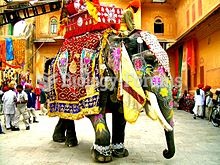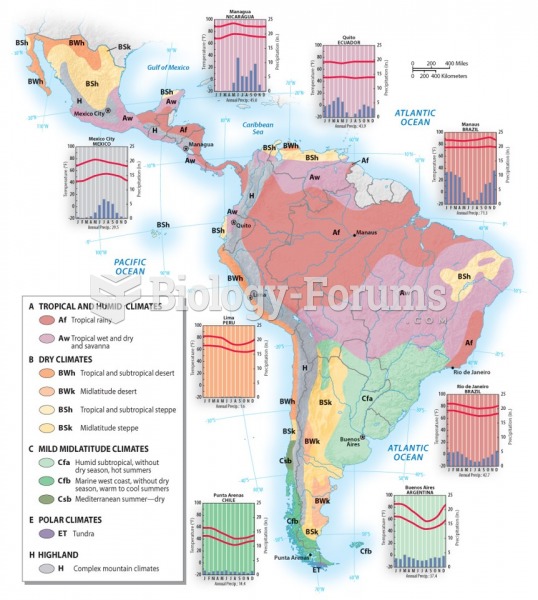|
|
|
Most childhood vaccines are 90–99% effective in preventing disease. Side effects are rarely serious.
Atropine, along with scopolamine and hyoscyamine, is found in the Datura stramonium plant, which gives hallucinogenic effects and is also known as locoweed.
Bacteria have been found alive in a lake buried one half mile under ice in Antarctica.
The familiar sounds of your heart are made by the heart's valves as they open and close.
Many people have small pouches in their colons that bulge outward through weak spots. Each pouch is called a diverticulum. About 10% of Americans older than age 40 years have diverticulosis, which, when the pouches become infected or inflamed, is called diverticulitis. The main cause of diverticular disease is a low-fiber diet.







